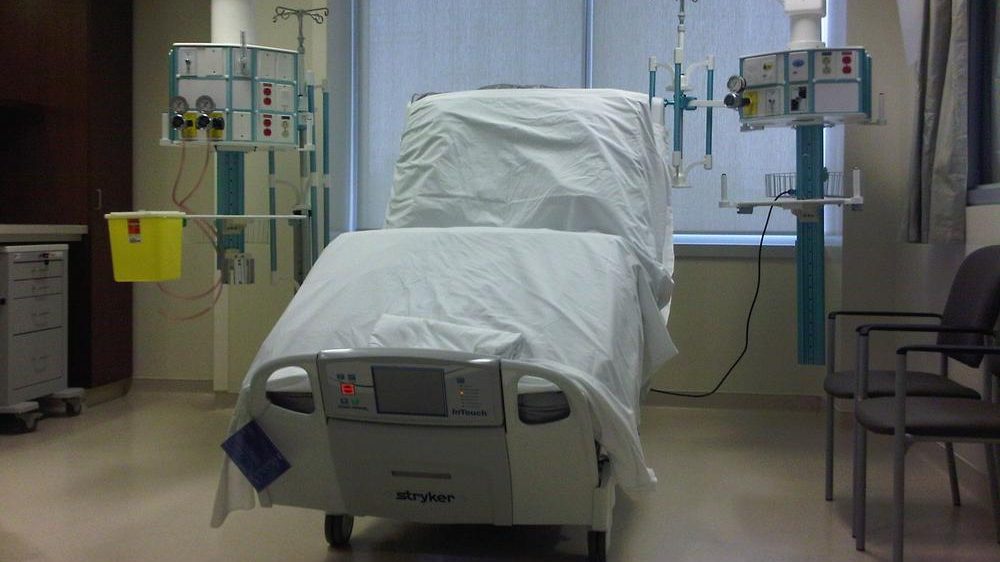‘The best thing about Q4 is that it’s over’: Maple Leaf Foods CEO
Posted Feb 27, 2014 11:42:15 AM.
This article is more than 5 years old.
TORONTO – The head of Maple Leaf Foods (TSX:MFI) chose not to mince words Thursday when describing what was a tough fourth quarter for the giant Canadian food processor.
“The best thing about Q4 is that it’s over,” president and CEO Michael McCain told analysts during a conference call Thursday.
McCain was explaining the “tremendous costs” involved in the streamlining the company’s food processing business, which involved opening new meat plants before older ones could be closed — something that weighed heavily on fourth-quarter and year-end results.
Maple Leaf, which specializes in meats products such as bacon, sliced deli meats and fresh chicken as well as baked goods through Canada Bread, reported a $14.4-million net loss from continuing operations in the fourth quarter.
Its adjusted operating loss totalled $21.7 million, or 25 cents per share, compared with an adjusted profit of six cents per share that analysts had expected.
McCain said it had been anticipated that the fourth quarter would be the one that would put the most pressure on the company’s earnings. The Toronto-based food giant is in the midst of a three-year plan of building a new distribution network and improving production efficiencies in its prepared meats division.
Much of the costs were attributed to the construction of the company’s single-largest production facility, in Hamilton, Ont., and startup costs at its expanded facilities in Winnipeg and Saskatoon.
By the end of this year, Maple Leaf says it will operate 13 meat plants instead of 22 and two distribution centres instead of 19.
“2013 was an outlier year that interrupted very solid earnings progression in our business,” McCain said. “These total results don’t reflect the underlying health of our business, our markets, or any structural industry shift.”
“What they do portray is a very significant but transitory effect of volatile commodity markets in 2013, conditions which are now normalizing, and the direct and collateral impact to earnings from an intense change and transition environment.”
He added the goal is use a smaller number of facilities to produce certain types of meat products such as wieners, smoked ham and sausages and bacon, instead of having them spread throughout several facilities.
Meanwhile, Maple Leaf’s revenue for the fourth quarter, which ended on Dec. 31, fell about two per cent or $23.6 million to $1.11 billion.
McCain said despite the disappointing results in this latest quarter, the company remains on track in delivering on its 10 per cent margin target for EBITDA by 2015.
“There is a steep hill to climb to get to our… target but we see a path that is very clear,” he said. “In fact, I would say we have a clearer path … than ever.”
Maple Leaf noted it has also put in place extensive precautions to safeguard its hogs from the piglet-killing porcine epidemic diarrhea virus (PEDv) that has spread to some farms in Canada.
McCain said the company has built a “fortress” around its facilities, and has implemented everything from restricted access to training and awareness programs to ensure the farms are “PED free.”
Nevertheless, he noted that these initiatives are not a guarantee.
“We’re doing everything I think is humanly possible,” he said.
The fourth quarter was a period of significant change for the Toronto-based company, which spent months evaluating options for its profitable Canada Bread subsidiary — Canada’s largest producer of baked goods best known for its Dempster’s brand bread.
Maple Leaf recently agreed to sell its 90 per cent stake in Canada Bread (TSX:CBY) to Grupo Bimbo, a Mexican company that is offering about $1.83 billion to buy out Maple Leaf and minority shareholders.
Including gains from the sale of two other business units during the quarter, Maple Leaf posted $511.3 million of net income for the fourth quarter, or $3.58 per diluted share. That included $525.8 million from discontinued operations, offset by the loss at Maple Leaf’s continuing business.
Revenue from the company’s protein group dropped to $747.3 million from $760.3 million a year before, while revenue from the Bakery group dropped to $359.7 million from $370.3 million.
Canada Bread reported separately that it had $33.9 million in net income from continuing operations in the quarter, compared with $24.2 million a year earlier.
Canada Bread received $116.3 million from the sale of its Olivieri business, a part of the Maple Leaf Bakery group that makes pasta products.
Maple Leaf’s fourth-quarter results also included the Olivier sale as well as the protein group’s sale of its Rothsay unit, which processes byproducts from the slaughtering process. Maple Leaf realized $628.5 million from the Rothsay deal.
Note to readers: This is a corrected story. An earlier story gave the wrong figure for the Q4 revenue decline










